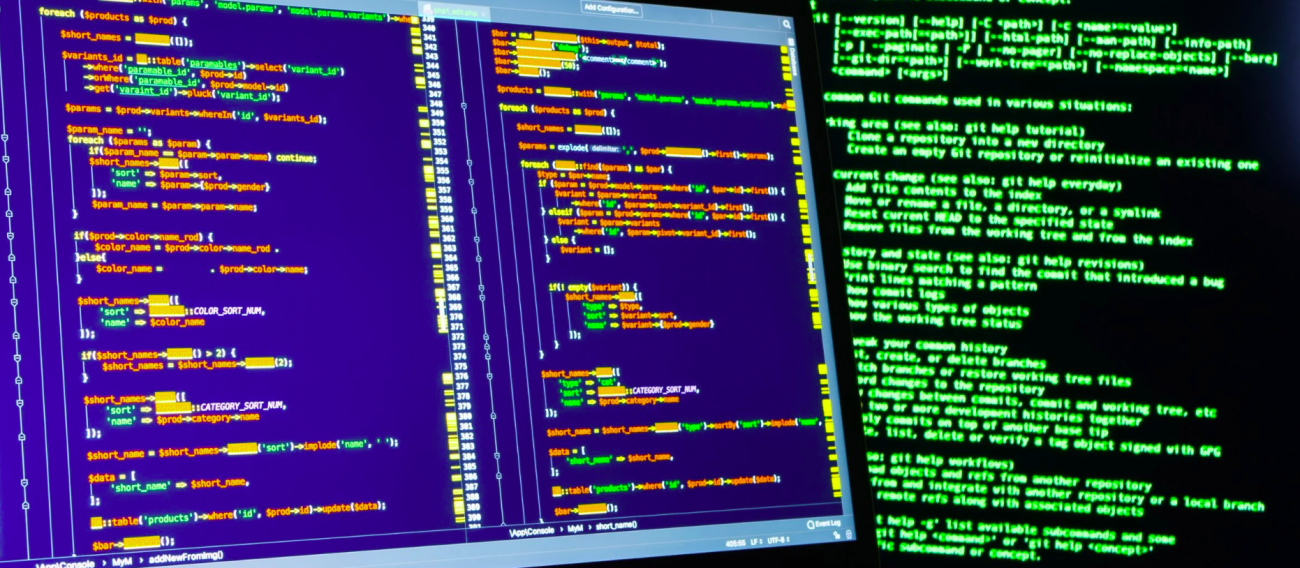Unveiling the Power of Software in Science: Inside the EVERSE Network

Researchers across all sciences use different types of tools: benches, centrifuges, lasers, weather balloons, seismographs, telescopes… you name it. At CERN, such a “hardware tool” is the LHC, together with all our other accelerator facilities, which are invaluable for exploring the world of particles. Without all the machine parts, there would be no data to be recorded and later studied. Yet, while the ingenuity behind magnets, cryostats, RF cavities, and detectors is undisputed, the analysis part often only gets recognition for the experimental physicists producing the physics plots, not for the scientists who developed the codes that are used.
Software has often been taken for granted, lacking the same acknowledgment as an integral part of operations and data processing to achieve our physics results. EVERSE (European Virtual Institute for Research Software Excellence) is an EU-funded project that aims to change this and help elevate software applications in research to the same level as hardware.
Launched in March 2024, EVERSE is a consortium of 18 partners across Europe, who work on research software across all the domains defined in the scope of the European Open Science Cloud (EOSC). Collected in the Science Clusters, these fields span astronomy and particle physics (ESCAPE), environmental sciences (ENVRI Community), photon and neutron science (PANOSC), life sciences (Life Science RI), as well as social sciences and humanities (SSHOC). One of the aims of the project is to build a network for research software engineers and other professionals using research software, in which they can connect, learn from one another, and share best practices. Another outcome will be the Research Software Quality Kit (RSQkit), which encapsulates guidelines for best practices and standards when developing and (re-)using software tools. Throughout the next three years, the EVERSE consortium and our network partners will assess practices and tools in all domains, as well as examine existing training and standards for research software. This will serve as a base to improve and develop new training strategies that can then be integrated into training curricula, ensuring a proper education on software use and citation. New recognition strategies (e.g., digital badges) and the RSQkit aim to acknowledge the effort developers put into resulting applications.
CERN is one of the many partners of EVERSE, holding two work package leads. Work package 1 – Framework of the European Network of Research Software Quality – is implemented in EP-SFT and is tasked with establishing the Network for Research Software Quality, connecting to scientific communities, as well as other international organizations concerned with open science and to industry. Overseeing the training and recognition is WP5, located in the IT department. As part of the EOSC scope, EVERSE at CERN also profits from its 70-year-long experience in open science, where the Scientific Information Service contributes to critical tools like Zenodo. In general, all EVERSE goals are based on openness, software sustainability, and FAIR principles (findable, accessible, interoperable, reusable).
EVERSE is open to anyone working with research software or who has an interest in it. Individuals and organizations can join and take advantage of the offered services, or participate in the role of a contributor to further shape the Network.
Please contact us for more information!

